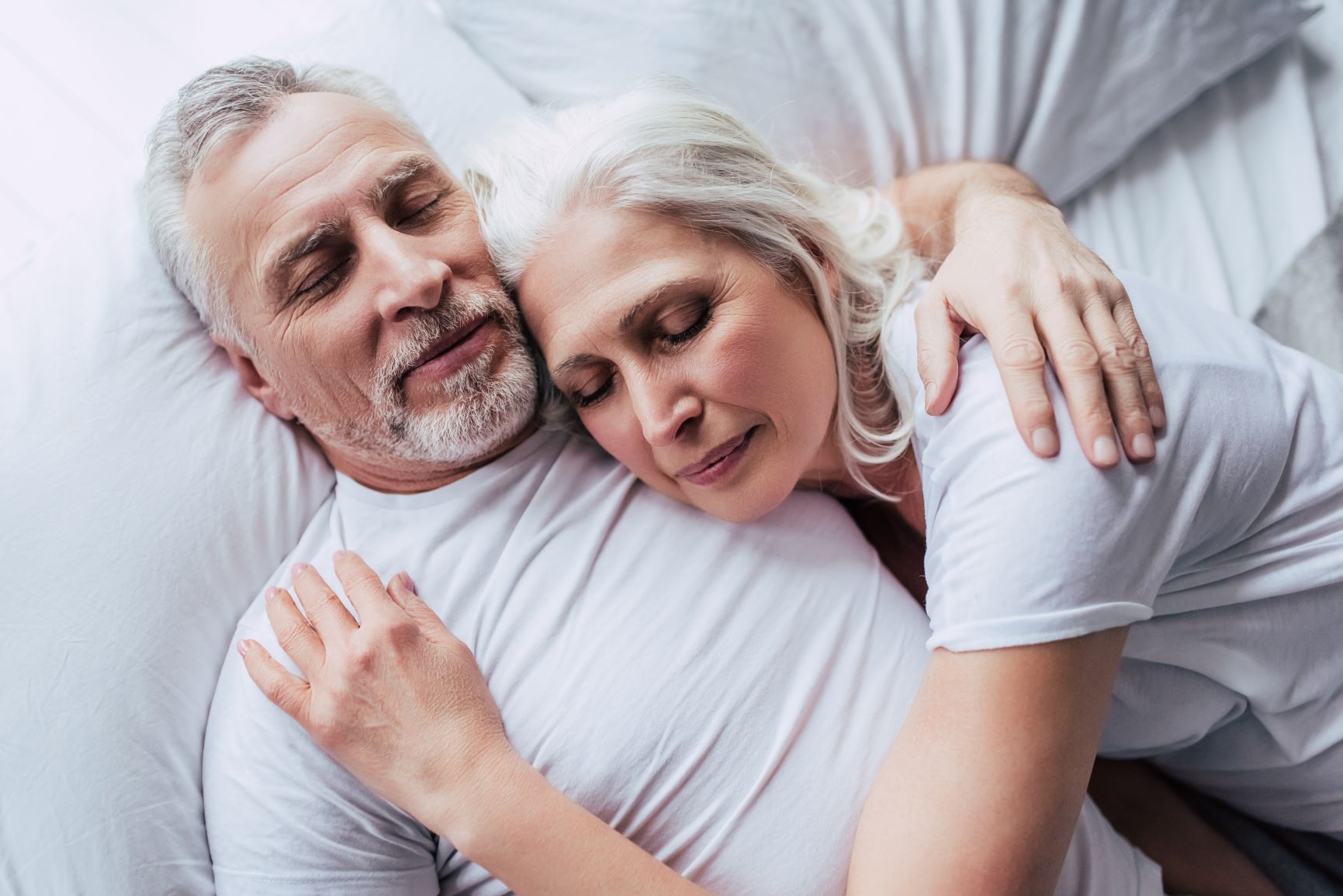Among the many changes that happen with our bodies as we get older, how we sleep is one of the most important -- yet probably least discussed -- because it has a significant impact on cognitive function, health issues and overall quality of life.
The amount and quality of sleep humans need to be healthy changes throughout our lives from newborn to the elderly stages. It’s common to hear adults complain about lack of sleep or poor sleep as they get older, but not many understand the factors that cause sleep problems for this age group.
Altered timing and quality of sleep
The aging brain and neurochemical changes trigger physiological changes that alter the timing and quality of sleep. Many older adults report that they wake earlier, take longer to fall asleep (sleep onset latency), wake up more often during the night, and sleep less overall as a result.
Studies show older adults spend more time in the lighter sleep stages and less time deep sleep and REM, which makes perfect sense when there’s a shorter window of sleep (taking longer to fall asleep and waking earlier) and the sleep is disrupted more frequently.
Impact of medical conditions and medication
For older adults, there are a number of medical conditions that cause insomnia and disrupted sleep. Any type of medical condition with pain can cause difficulty falling asleep or makes it more likely for them to wake up at night and then cause them pain when they roll over. Other medical conditions associated with older adults that have an impact on sleep are respiratory problems that make breathing difficult, heart burn and acid reflux that are often triggered by or worsened by lying down.
Often associated with medical conditions is the use of medications, many of which have side effects that cause sleep issues because they make it difficult for the individual to fall asleep at night or they cause daytime drowsiness. Experts say that substance use is often under-reported in older adults and should be reviewed carefully in geriatric patients with sleep issues.

How to manage the changes and get better sleep:
- Avoid substances that interfere with sleep. Caffeine, nicotine and alcohol are the obvious substances. Older adults on medication(s) who are having sleep problems should ask their doctor specifically about the potential effect on sleep.
- The sleep environment should be comfortable and promote sleep. Start with a good mattress and pillow(s) that supports proper spinal alignment. Room temperature and air ventilation need to be at optimal comfort levels that promote sleep. It varies by the individual, but the sleep-promoting range is between 60-70 degrees F.
- Establish a healthy sleep routine: The first way to help your body and mind prepare for sleep each night is to maintain a consistent schedule. Powering down from use of electronics an hour before bedtime and transitioning to a relaxing activity such as reading or taking a bath are also good sleep inducers.
- Nap early if you must nap at all. Many older adults tend to feel sleepy during the day and it is fine to nap as long as it is short and not late in the afternoon.
- Exercise early and daily. This can help you fall asleep faster and get more sound sleep. If you have to exercise later in the day, be sure to finish at least a couple of hours before bedtime.
Bonus article for parents: Check out tips on teaching healthy sleep habits with children. https://www.therapedic.com/when-you-have-young-children/

